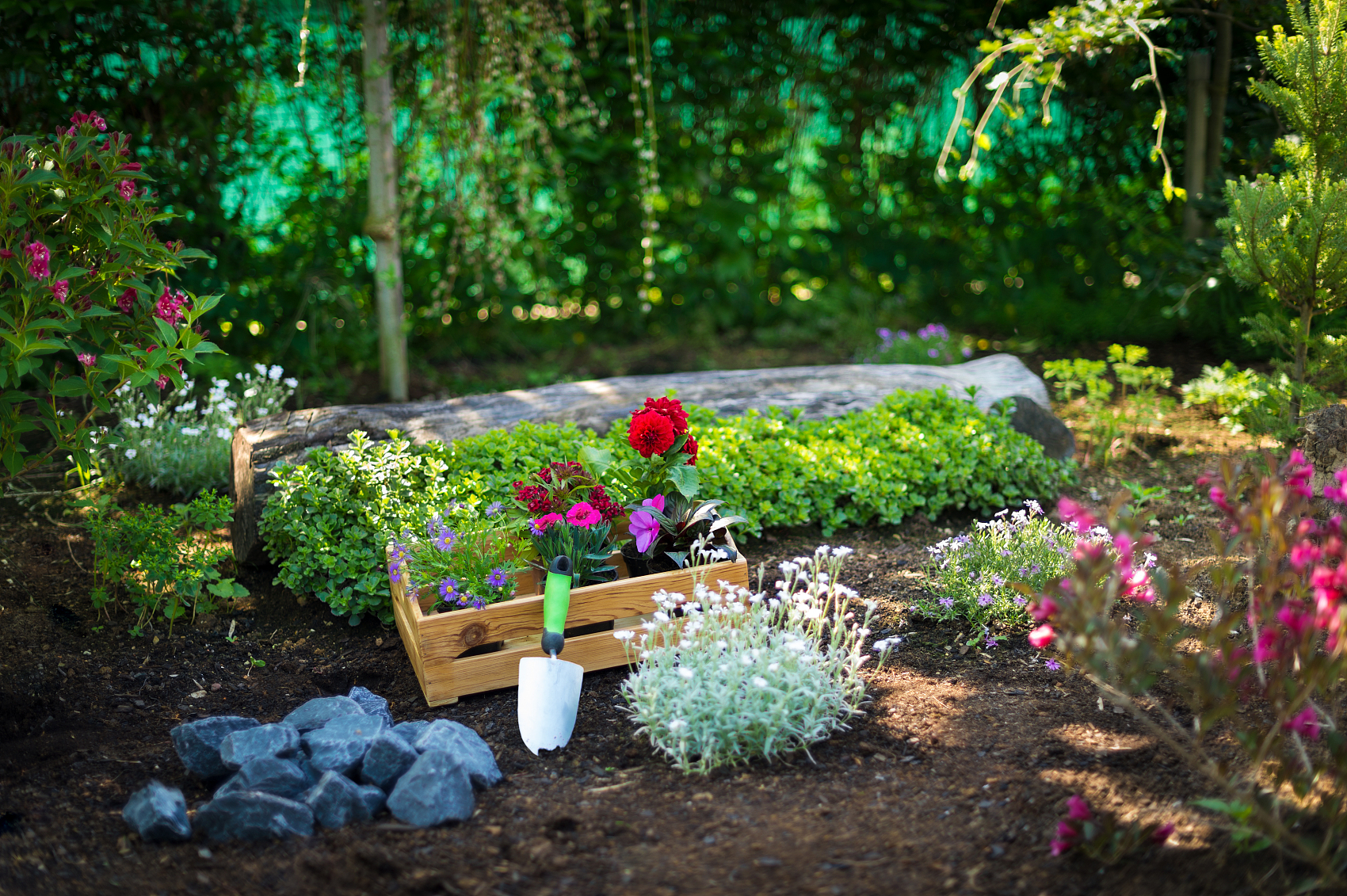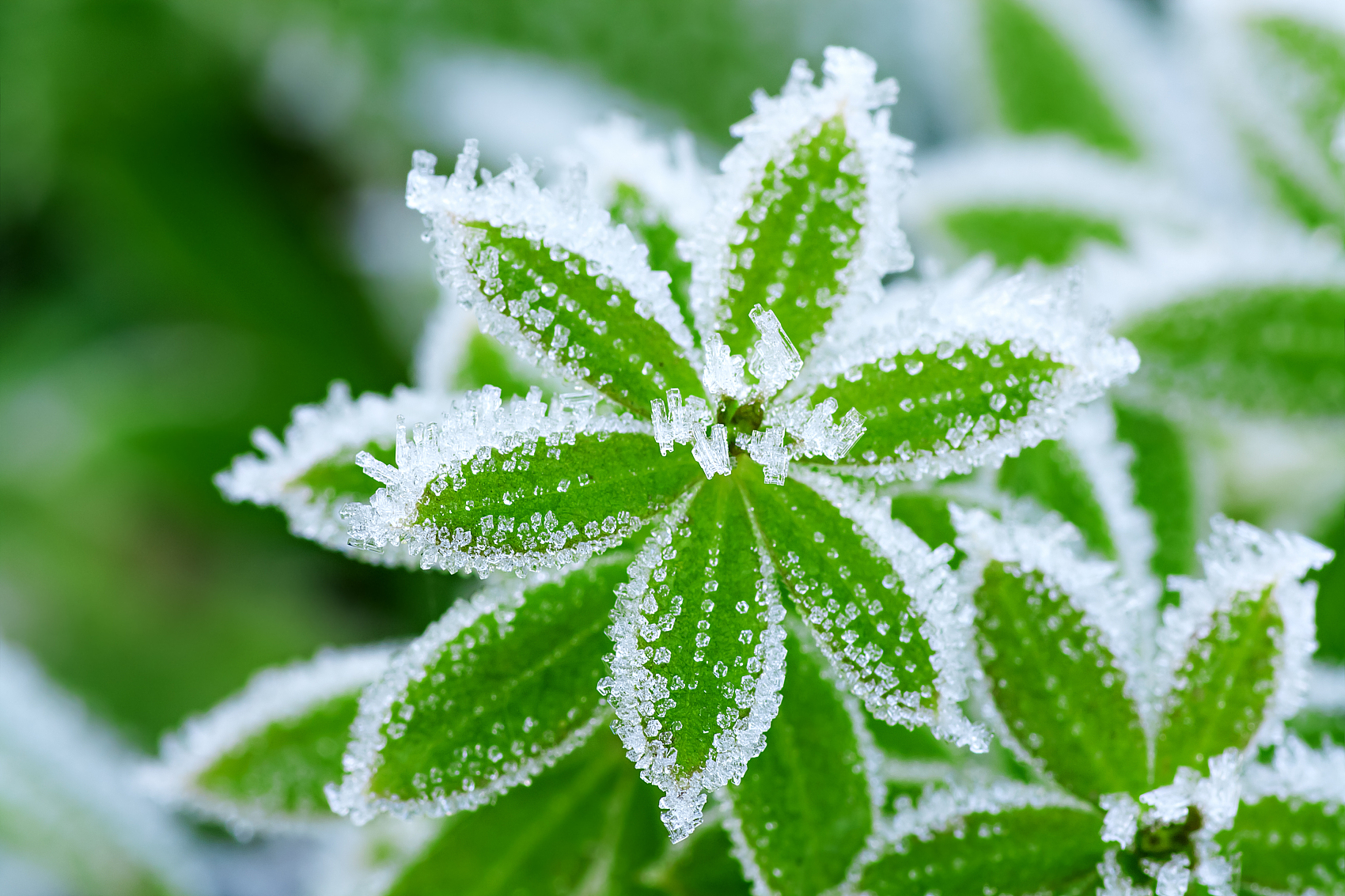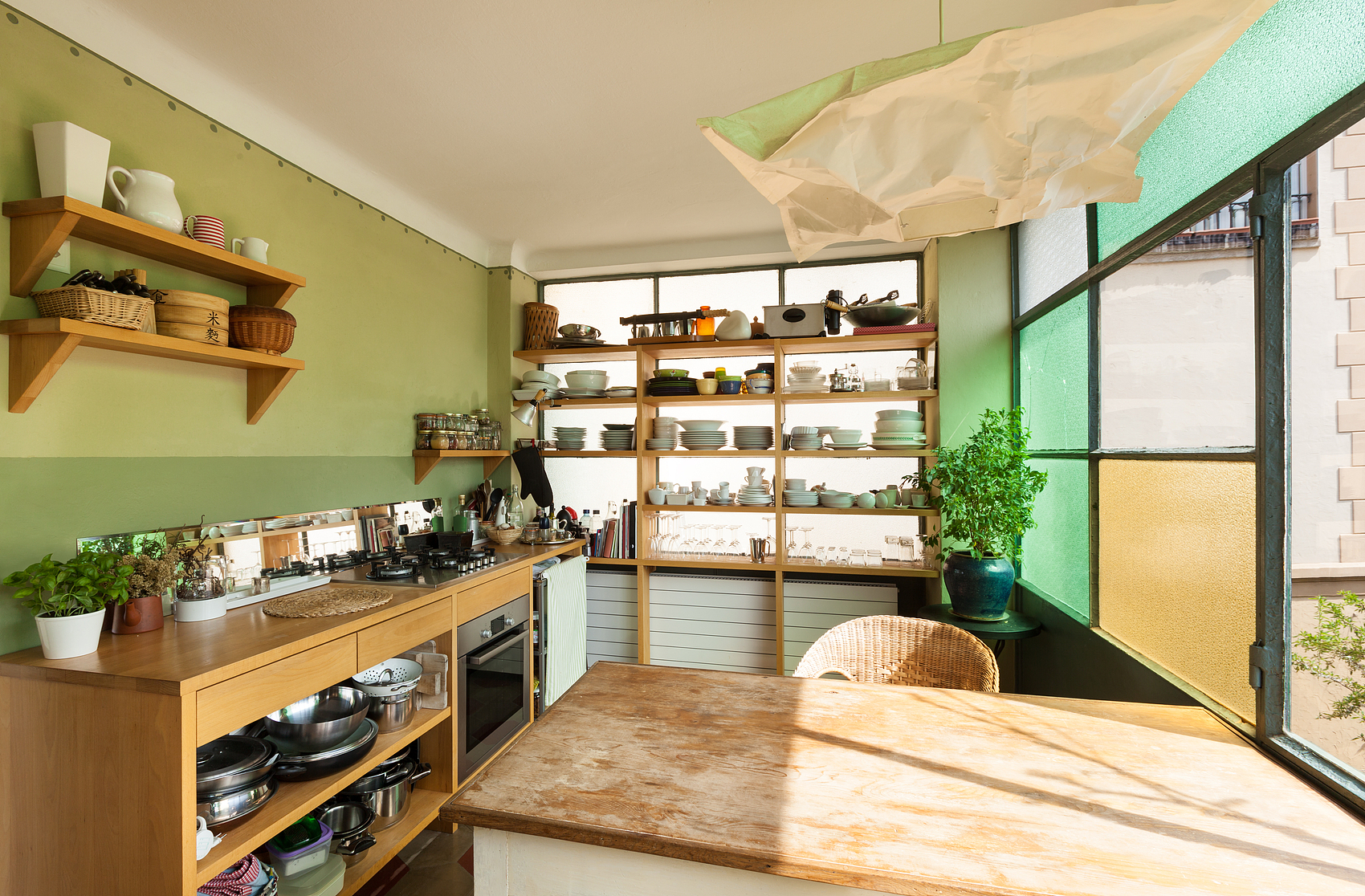Wondering if you can fight fungal infections in plants without using chemicals? Good news—there are natural options, and one of the best is Bacillus subtilis, commonly known as hay or grass bacillus. This natural, soil-dwelling bacterium can be found in various environments around the world and offers an effective way to manage fungal, bacterial, and microbial threats to your plants.
In this article, we’ll explore how B. subtilis can benefit your garden.
What is Bacillus Subtilis?
B. subtilis is a Gram-positive bacterium that has been used as a fungicide for decades, with its first recorded use dating back to the 1940s. Initially, farmers and gardeners discovered its potential as a natural alternative to synthetic fungicides. Over the years, research has advanced our understanding of its antifungal properties, leading to various formulations and application methods.
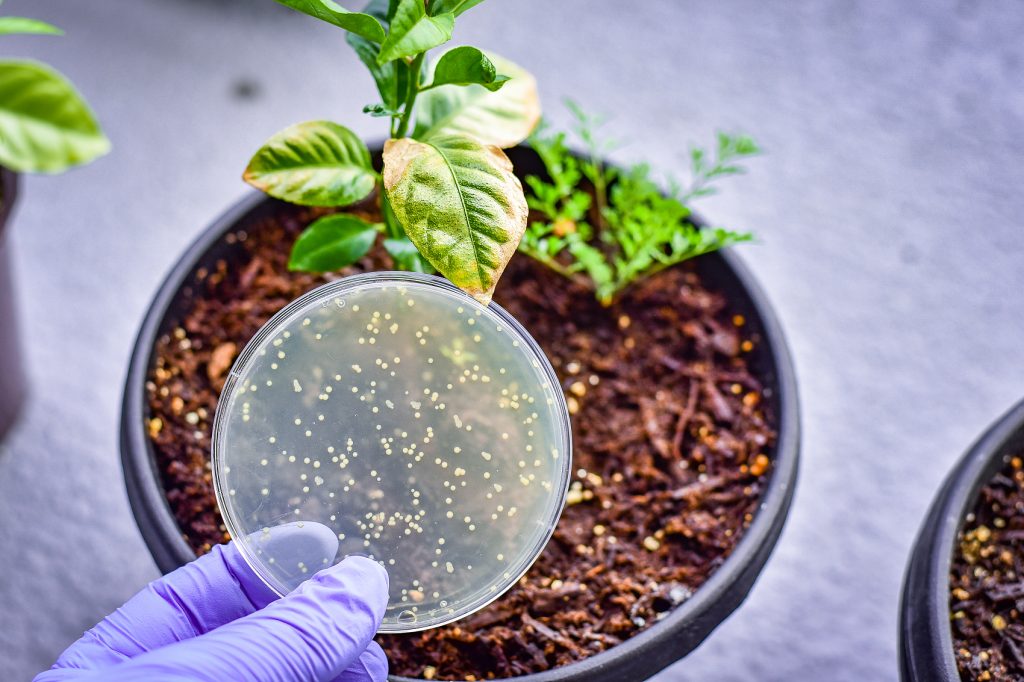
How Does B. Subtilis Work?
B. subtilis produces over two dozen types of antibiotics called lipopeptides. These compounds have antiviral, antimicrobial, and antifungal properties. They work by breaking down the membranes of fungal cells, effectively killing the fungi.
Additionally, B. subtilis can form endospores and biofilms on plant roots, blocking fungal growth. Wild strains of B. subtilis tend to be more effective than commercial strains. This bacterium not only helps combat infections but also boosts the plant’s natural defenses, making them more resistant to future fungal attacks.
Colonizing Plant Roots
Plant roots naturally secrete compounds that attract beneficial microbes like B. subtilis. These bacteria gather around the roots in a symbiotic relationship, known as the rhizosphere, where both plants and microbes thrive. B. subtilis forms a protective biofilm that shields roots from harmful pathogens.
Nourishing Your Plants
Beyond protecting against diseases, B. subtilis also stimulates plant growth by producing beneficial substances like:
- Auxins: Help with cell elongation and root formation, enhancing overall growth.
- Cytokinins: Support cell division and new growth.
- Gibberellins: Aid in processes like seed germination and flowering.
B. subtilis can even work alongside mycorrhizae, a type of beneficial fungus that helps plants absorb nutrients like phosphorus.
Seven Benefits of Using B. Subtilis
- Nourishment: It converts hard-to-absorb nutrients in the soil into forms that plants can easily use.
- Systemic Acquired Resistance (SAR): It activates plants’ defense systems, boosting their immunity against pathogens.
- Antibacterial Properties: B. subtilis produces substances that inhibit harmful bacteria and can effectively combat diseases like gray mold and root rot.
- Improved Soil Structure: It enhances soil health by breaking down residual pesticides and regulating nutrient levels, promoting better drainage.
- Natural Crop Quality Improvement: It creates a balanced ecosystem that supports strong root development.
- Faster Straw Composting: It accelerates the decomposition of straw and other organic materials.
- Long-lasting Protection: B. subtilis can survive harsh conditions and will resume activity when the environment becomes suitable again.
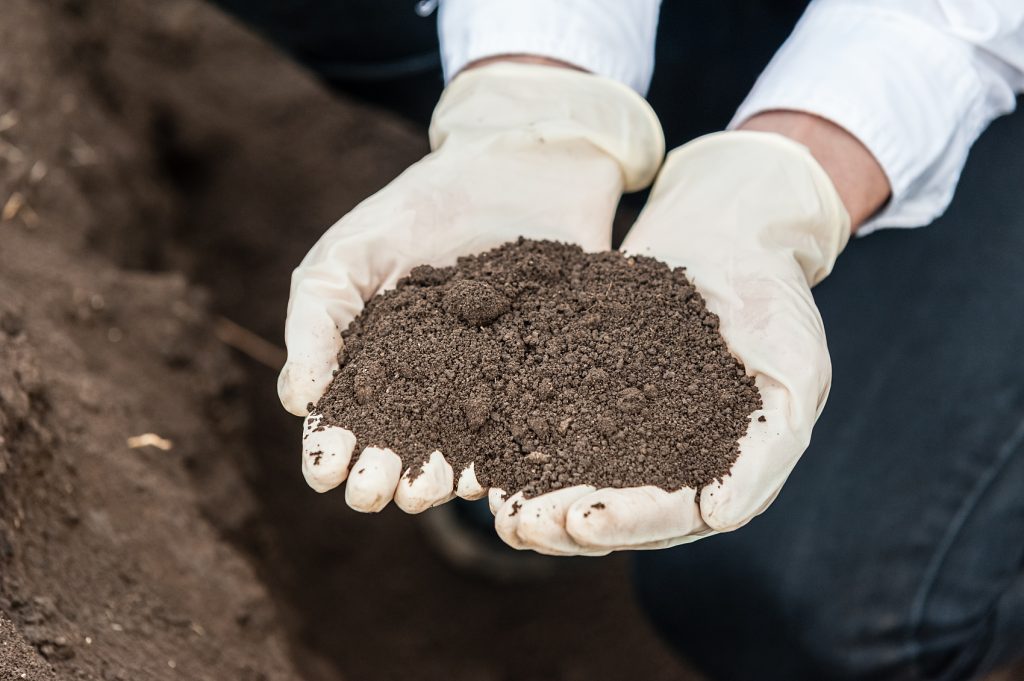
Product Selection and Application
B. subtilis is widely available in many products, such as biofungicides for controlling fungal diseases and biopesticides for pest management. You can also find it in soil amendments, seed treatments, and plant growth promoters.
When choosing a product, look for reputable brands and consult local gardeners or agricultural extensions for recommendations based on your area.
Safety and Compatibility
B. subtilis is generally safe for all plants and can be used in organic food production. It effectively controls various fungal and bacterial diseases without leaving harmful residues. However, it’s best to avoid mixing it with harsh chemicals or acid-containing products.
While it is non-toxic, always take standard precautions when applying it. Wear gloves and eye protection, and avoid inhaling any dust or mist from the application.
The Bottom Line
B. subtilis is a powerful ally in your garden, helping to control both foliar and root pathogens while enhancing plant growth. By incorporating this beneficial bacterium into your gardening routine, you can foster a healthy environment for your plants, leading to vibrant and robust growth.


